i
i
Zoom, 10 September 2023
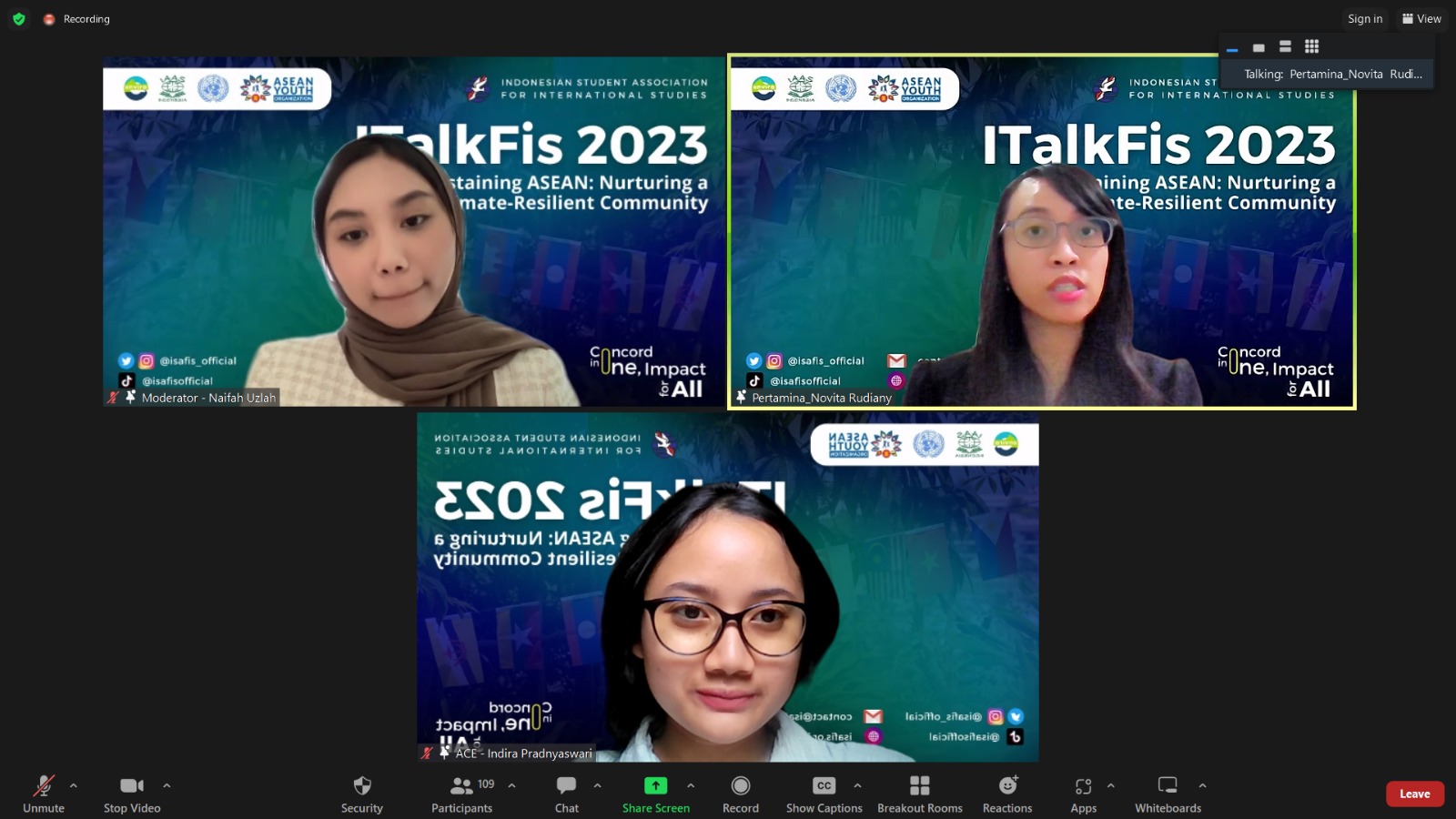
Photo 1. Naifah Uzla as Moderator (up left), Novita Rudiany from Pertamina University as Speaker (up right), and Indira Pradnyaswari (center) as Speaker from ACCEPT II Representation
ACCEPT II was invited to be one of the speakers for The International Talkshow of ISAFIS (ITalk) 2023 held by the Indonesian Students Association for International Studies (ISAFIS). It aims to educate, inspire, and motivate the youth community of ASEAN to actively participate in environmental conservation and creating sustainable solutions. Aligned with ACCEPT II’s first outcome which is to advance knowledge sharing on energy and climate nexus in ASEAN, this occasion shared a unique perspective on youth involvement to tackle climate change. The topic “Sustaining ASEAN: Nurturing a Climate-Resilient Community” had triggered deep insights on policies and technology exploration within the ASEAN region.
The session began with a strong enthusiasm from ASEAN Youth Organization India (AYO India) which explained their current project and future activities in spreading the awareness of climate change among the country. Presented by Taneesha and Pragya, they conveyed current challenges thay they have been facing among the community. It is highlighted that lack of awareness and limited human resources are the main obstacles to build a youth-driven community with climate changes interest in India. Thus, this important action must be supported by strong commitments and clear goals to meet a comprehensive climate action within the community.
To keep up in such a dynamic situation, Indira Pradnyaswari shared her perspectives based on ACCEPT II’s sides. She explained the urgency of climate change’s impact on the community and aligning it with the 7th ASEAN Energy Outlook (AEO7)’s finding of the 3.7 times GHG emissions increasement by 2050. According to the Global Climate Risk Index (CRI) 2020, it is stated that Myanmar, Philippines, Vietnam, and Thailand were in the top 4 most affected countries by extreme climate events. Slowly but surely, this occurring situation will affect the economic, social, and environmental sector in ASEAN. Overseeing this condition as an urgency to be solved quickly, Indira highlighted the important role of ACCEPT II project as a catalyst, knowledge hub, and think tank to assist and implement the ASEAN energy cooperation policies, especially in Programme Area 6 on Regional Energy Policy and Planning (REPP). As the first integrated project on energy and climate change in ASEAN, ACCEPT II is also responsible for improving the coherence between energy and climate policies and contributing to a more climate-friendly energy environment. She also underlined that data availability, unclear financing and regulatory scheme, and lack of technology and infrastructure support could hinder the implementation of climate change mitigation and adaptation in ASEAN.
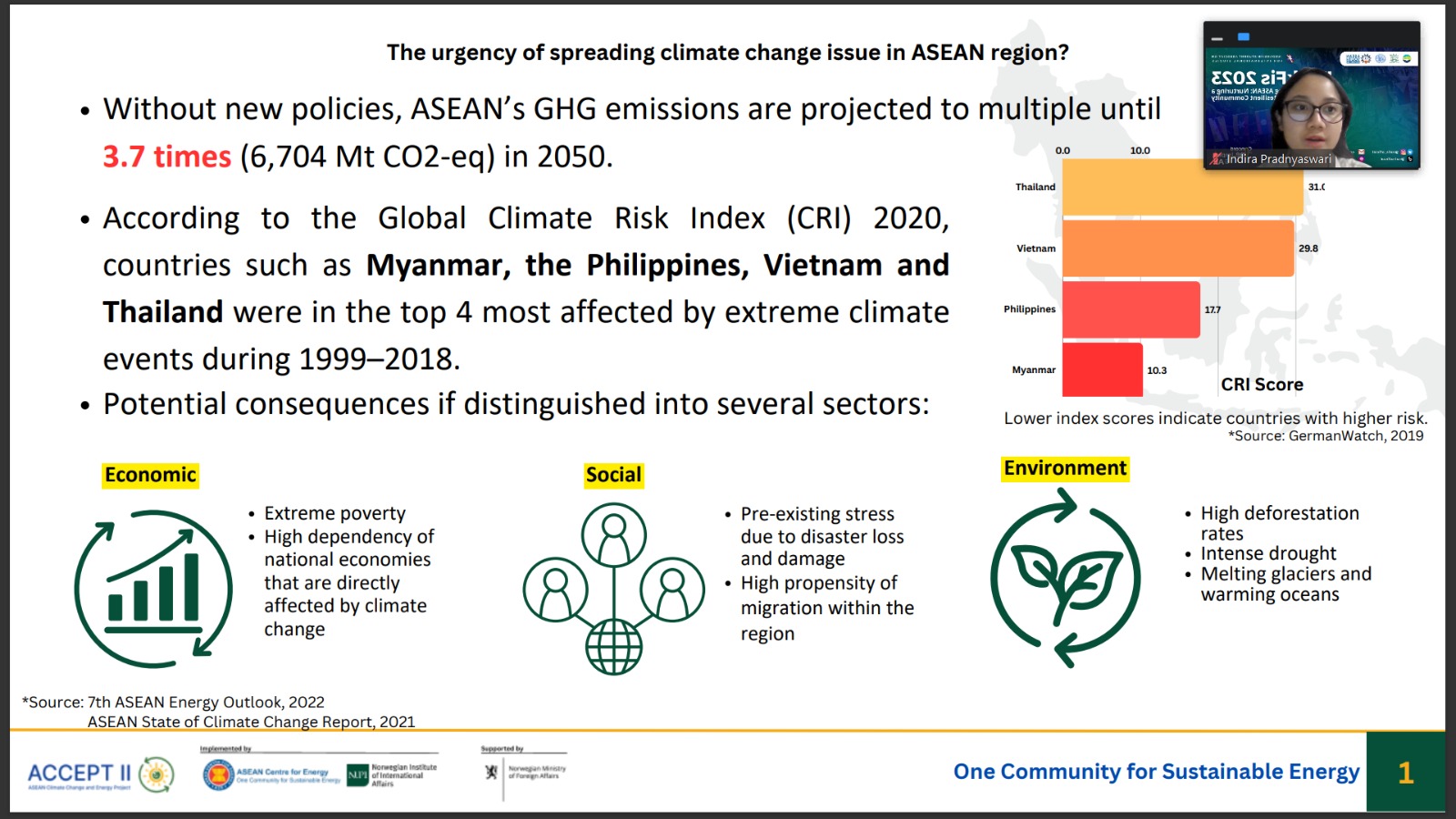
Photo 2a. ACCEPT II Presentation Current Climate Risk in ASEAN
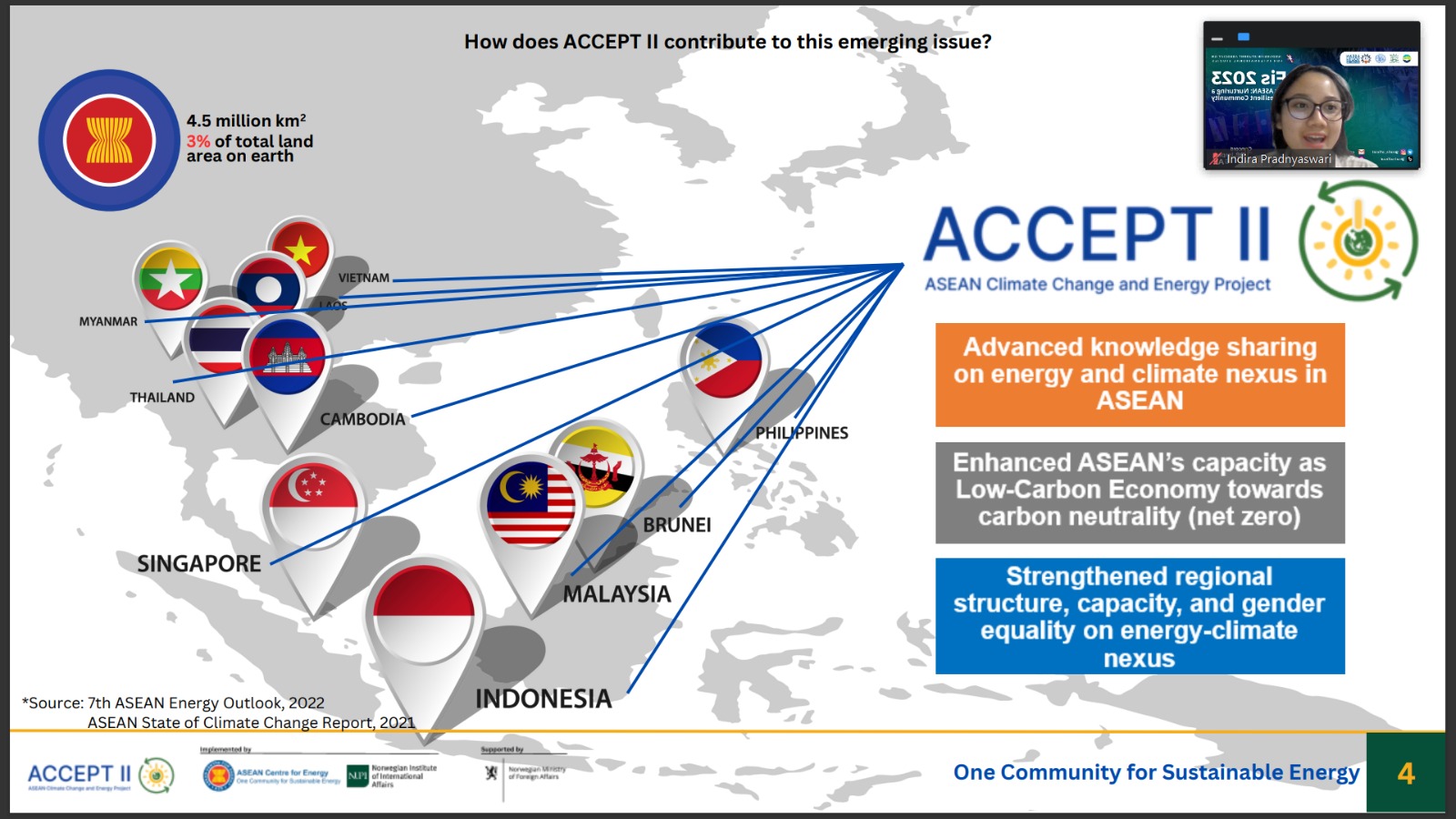
Photo 2b. ACCEPT II Presentation Project Introduction
A unique perspective was brought by Novita Rudiany on the social perspective. She briefly explained the impact of climate change from politics and security, socio-culture, and economic aspects. She also addressed different national priorities, commitments, and capacities as the political challenges in the region. On the other side, heavy reliance on fossil fuels, unclear financial mechanisms and energy market competitiveness as economic barriers. Moreover, lack of social awareness, glamorous modernization, and social vulnerabilities emerge as socio-cultural hindrance in the region. However, Novita also mentioned the significancy of energy democratization in strengthening ASEAN through a top-down approach. It is a concept that elucidates development within the environmental justice movement that pairs the renewable energy transition with efforts to democratize the production and management of distributed power, decentralization, disruptive technologies, and democracy from ownership. From bottom-up approach, Novita explained that to empower civil society movement, there are four main drivers to be considered, which are the long-term goals of climate-based community, the value that will support the sustainability, community capability and capacity that fulfill the existing energy disparities, and the assurance of self-reliance, actions, and participations toward each proposed programs in the future.
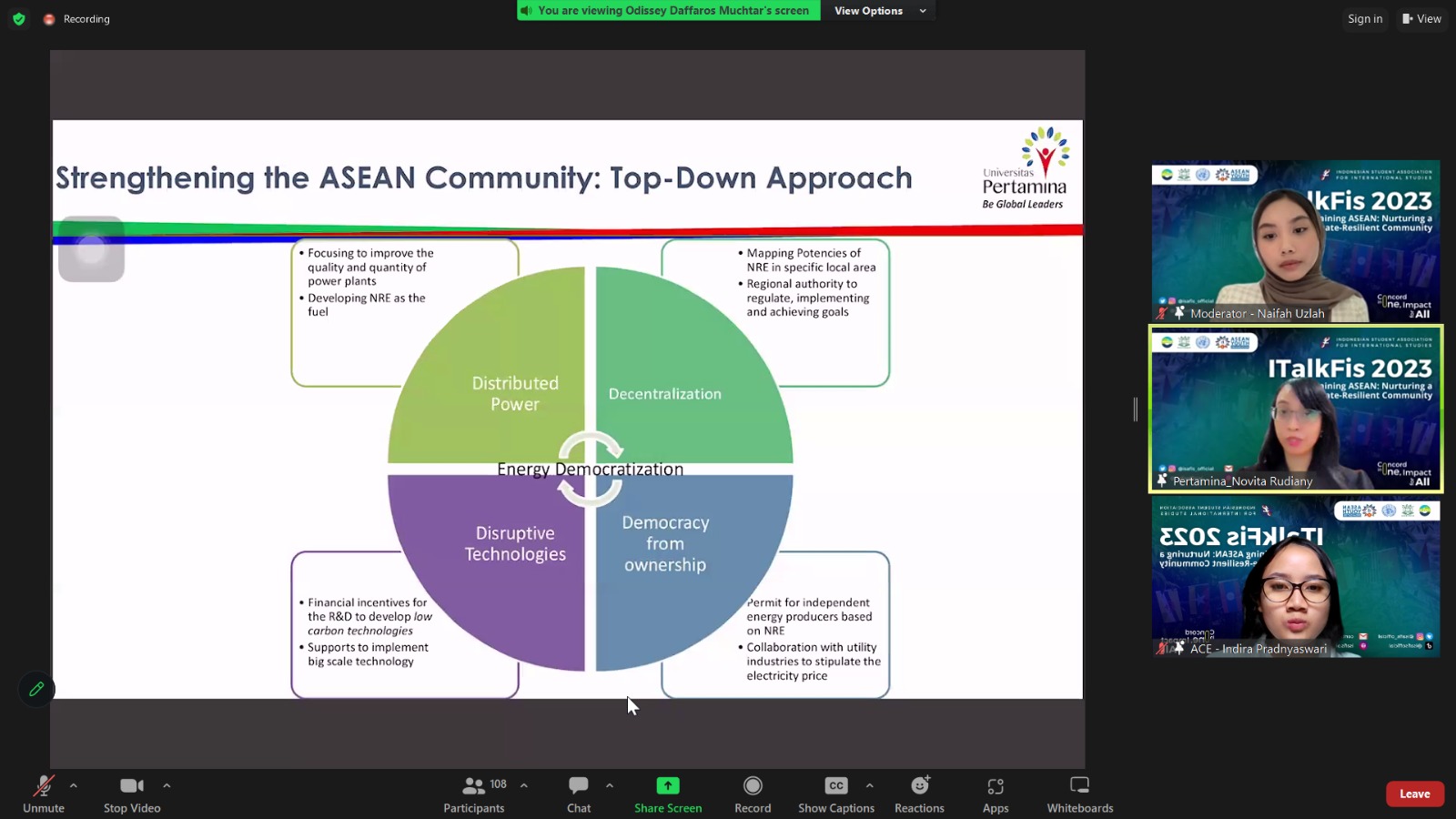
Photo 3. The Concept of “Energy Democratization” to Strengthen ASEAN’s Community
During the discussion session, the participants showed their strong enthusiasm in energy security and real action that can boost youth involvement in the climate sector. The speakers highlighted that knowledge sharing is the most principal way to share awareness within the community. Given that they might get bored with the issue, it is our responsibility as the changemaker to have a continuous commitment in tackling climate change impact. Indira also emphasized that taking small action is the beginning of many ways to have massive impact towards the community. Moreover, Novita added that maintaining partnerships with externals and opening more opportunities for collaboration is also crucial to give a significant impact on our self-improvement, especially to improve the knowledge-sharing on climate related issues. The audiences successfully expressed their serious concern on taking a real action to move the community and getting closer to a net-zero environment.
Overall, the discussions were very advantageous for both sides to know the coherence between technical, social, and political perspectives on recent climate actions. The event also fully supports the realization of youth-driven climate platform to accelerate knowledge sharing for the young generation.
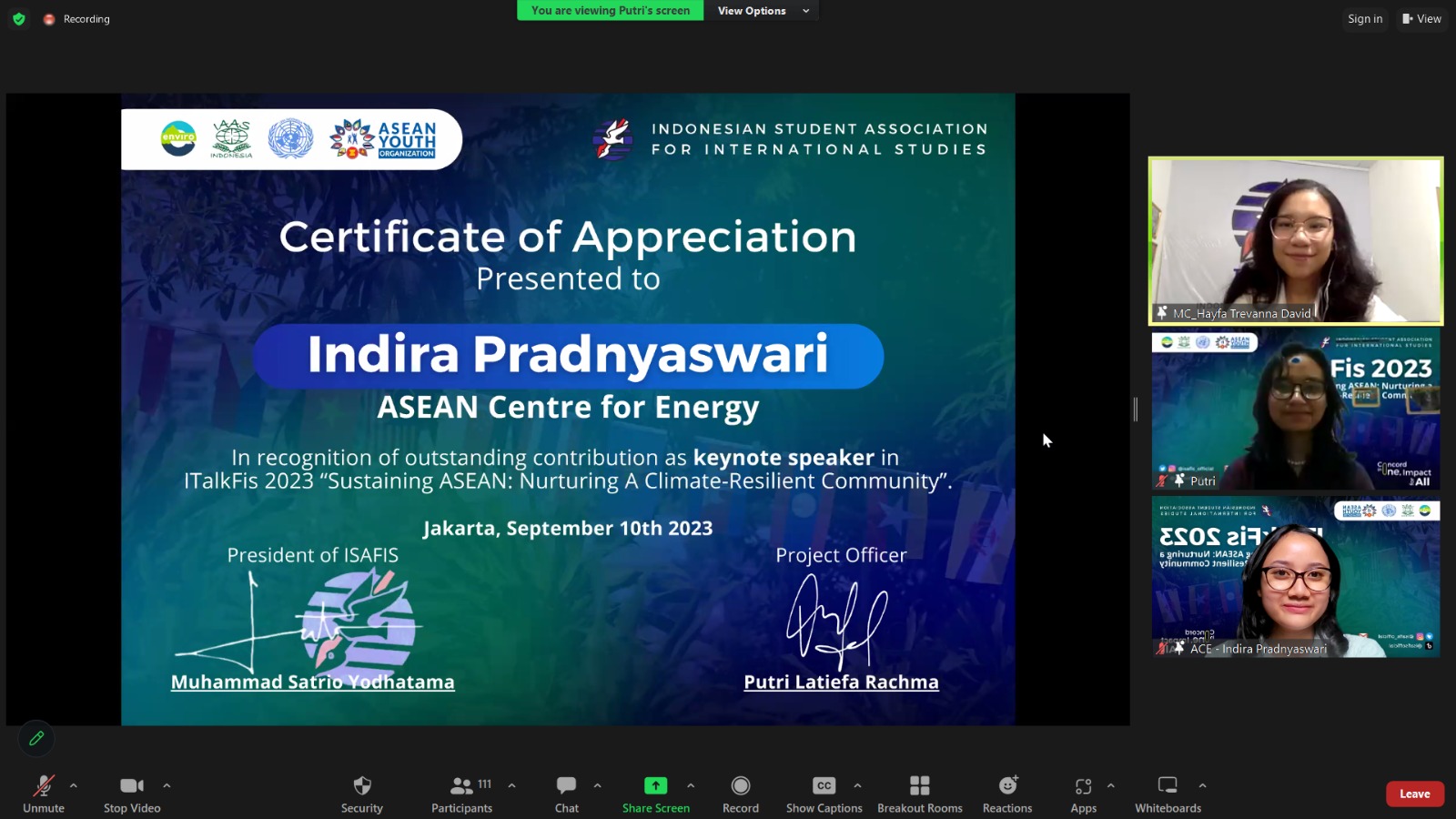
Photo 4. Awarding Session from ISAFIS to Indira Pradnyaswari as Speaker of the webinar
Further details about ACCEPT II can be found at https://accept.aseanenergy.org/.
We welcome any future collaboration, please feel free to contact us at [email protected]